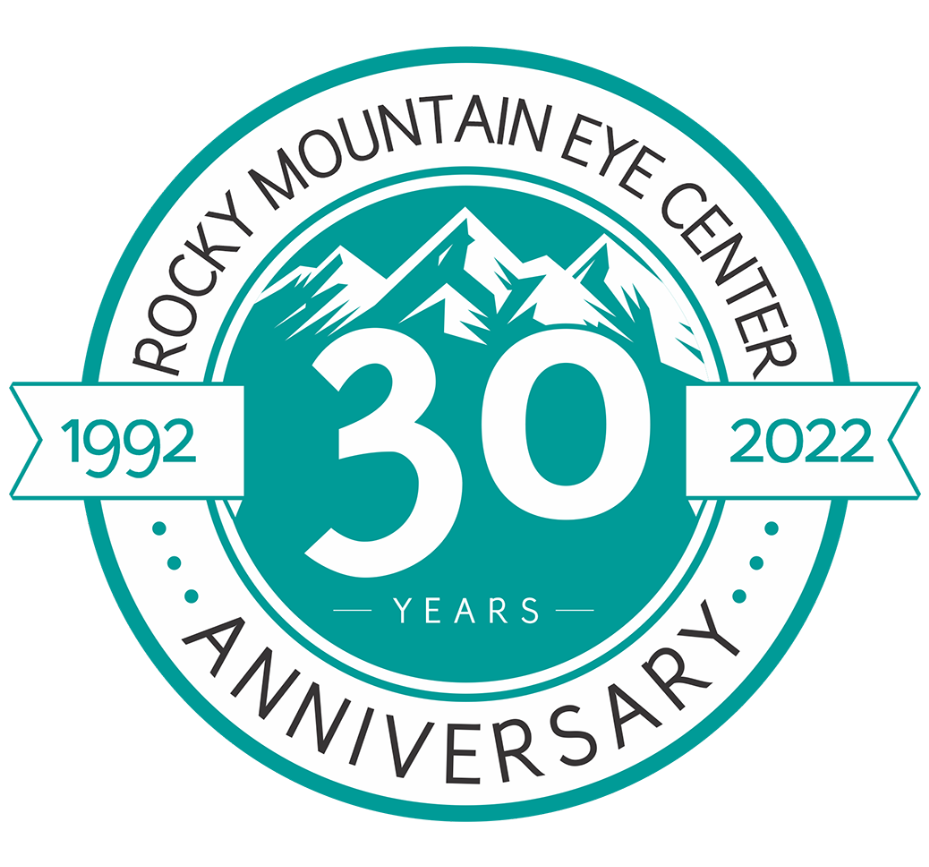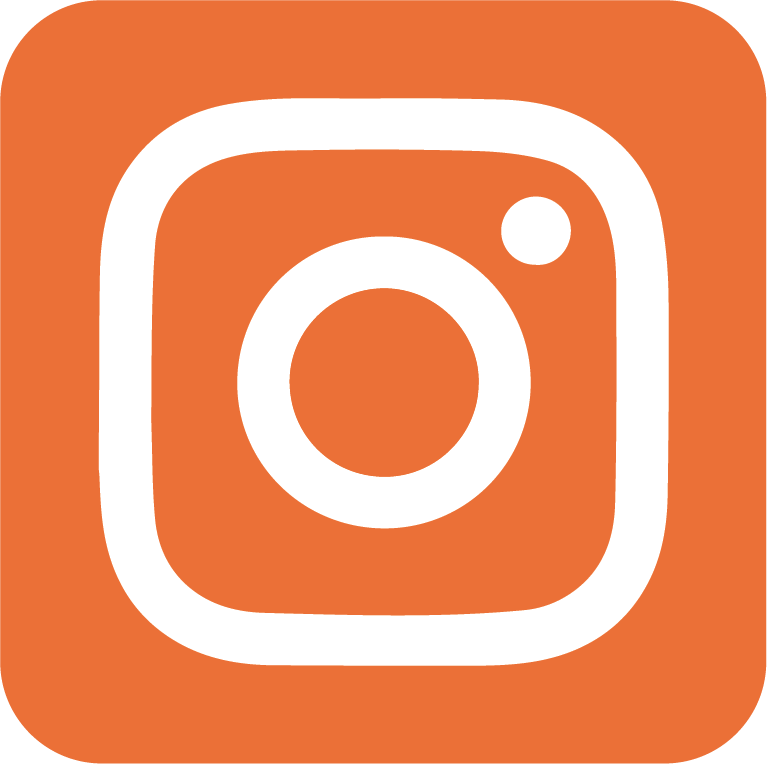
Here’s What You Need to Know Before Your Next Eye Exam
Posted by: Rocky Mountain Eye Center in Eye Care on August 9, 2022
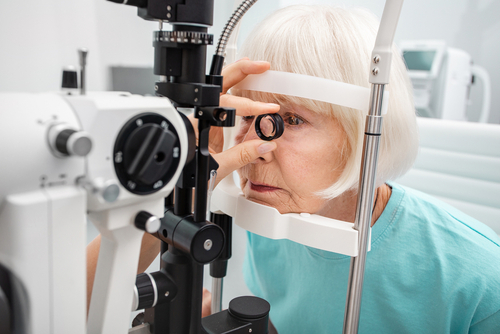
Are you due for your next eye exam? Whether you are visiting a new eye care provider for the first time or are a returning patient, it is good to prepare ahead of your exam.
If you have an eye exam coming up, you might be wondering about the best way to be ready before you have it. While your eye doctor does most of the work during an eye exam, there are things that you can do to help ensure that you get the best eye care possible. Keep reading to find out what you need to know before your next eye exam!
Why are Eye Exams Important?
Annual eye exams are essential to keeping your vision and eyes healthy. They can also contribute to maintaining your overall health.
Eye exams can detect early signs of serious diseases like high blood pressure and diabetes, which are easier to manage when caught early. If this is your first eye exam with a new provider, a little preparation can help your ophthalmologist at Rocky Mountain Eye Center more accurately assess your eyes.
Preparing for Your Eye Exam
Treat your eye exam the way you would any other appointment. It’s a good idea to come up with a list of questions and any concerns if you have them. A little due diligence can go a long way!
You can prepare for your exam in the following ways:
Bring Your Health History and Medication List

When you arrive at any appointment, it can be difficult to remember any health conditions or problems you’ve had. To take the pressure off, bring your health history with you.
The key to a successful appointment with your eye doctor includes going over a detailed health history. Your health history should have any health conditions and any family history of illness or disease.
This information can help your ophthalmologist be more aware of any symptoms or signs associated with certain medical conditions and diseases. You should also compile a list of all the medications you take, including the dosages of those medications.
Some medications, like cholesterol-lowering drugs and antidepressants, have side effects, like dry eye, which can affect your vision. You should bring all existing visual aids, including non-prescription reading glasses.
Your eye doctor will check these to ensure they are the proper prescription. If you wear contact lenses, they can also review the pair you might be wearing.
If you are not wearing your contacts on the day of your exam, you should plan to bring an unworn pair in the packaging that shows the lens strength to your exam.
Write Down a List of Questions or Concerns About Your Vision

Besides discussing your health history and list of medications, bring a physical list of questions you may have about your vision. Have you started noticing you need to hold things like a restaurant menu or a newspaper closer or further away?
Does it feel like your eyes are scratchy or drier than before? Your eye- and vision-related questions and concerns are helpful clues that can help your eye care provider give you a more accurate eye examination.
If your upcoming eye exam is your regular yearly exam with your existing eye doctor, there are still ways you can prepare to ensure you get the most comprehensive, accurate exam. You should be able to update your provider with any recent health changes or newly developed health conditions, as well as any new medications or changes to your existing prescriptions.
What to Expect at Your Next Eye Exam
When you come for your eye exam, your eye doctor will perform a series of tests to check both the strength of your vision and the health of your eyes. These tests include:
Visual Acuity Test
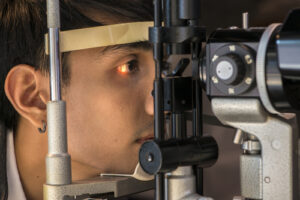
A visual acuity test determines how well you can see, with and without using your glasses or contacts. During this test, your ophthalmologist will ask you to read a series of letters while looking through a device called a phoropter, which contains glass lenses of different strengths.
Visual Field Test
A visual field test measures your peripheral vision. For this test, your eye doctor will ask you to follow an object with your eyes as it moves in various directions.
Color Vision Test
A color vision test checks to see if you’re color blind. You will be shown a series of images made up of tiny dots and be asked to identify the number contained within the images.
Ophthalmoscopy and Slit-Lamp Exams
Ophthalmoscopy and slit-lamp exams use devices to examine the structures inside your eye. These structures include the cornea, lens, retina, optic nerve, and surrounding blood vessels for signs and symptoms of potential degeneration or disease.
Before starting these last two exams, your ophthalmologist will dilate your pupil using special drops to see the structures inside your eyes better. The effects of dilation can last several hours and may cause blurred vision and increased sensitivity to light.
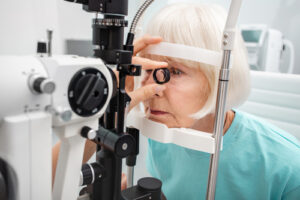
While the effects of dilation are short-lived, you may want to plan and bring UV-protective sunglasses to shield your eyes from sunlight. You may also want to avoid driving, reading, and looking at screens until your pupils return to normal.
If you are worried about driving after your eye exam because of the effects of pupil dilation, arrange alternative transportation home after your exam. Pupil dilation affects some people more than others, and it is best to err on the side of caution!
Routine eye exams are critical to maintaining the health of your eyes and the quality of your vision. This is especially true as you age and your eyesight changes.
The tests performed during a routine eye exam are minimally invasive and painless. Most eye exams are usually completed in under an hour.
Knowing what to expect makes it easier to prepare before your next eye exam and helps your eye doctor. These tools together are crucial for maintaining healthy eyes and optimal vision!
Is it time to schedule your next eye exam? Contact Rocky Mountain Eye Center in Pueblo West, CO, today!
